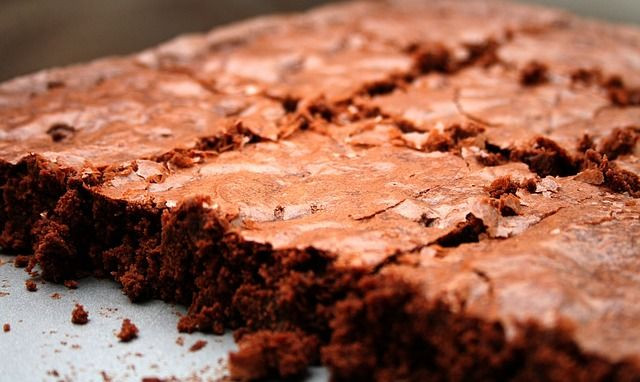Smoking Weed Vs. Eating Weed: The High Effect Of Marijuana Edibles On The Human Brain

Names like "Raspberry Macaroons," "Mellow Handcrafted Marshmellows," and "Pineapple Delight Bites" sound tasty to those with a sweet tooth. Often mistaken for sweets, these names belong to some of the most popular marijuana edibles across the U.S. As more states prepare to legalize the recreational use of the drug, many are trying edibles as a "healthier" option, but is eating weed better for you than smoking it?
In AsapScience's video, "Your Brain On Edible Marijuana," host Mitchell Moffitt explains that how much heat is applied will determine how the drug will affect the brain. Heating marijuana changes the chemical makeup of the compounds within it, also known as cannabinoids.
Read More: Marijuana Edibles Are Often Less Potent Than Their Labels Say
Weed In Heat
Smoking weed heats it to around 1,472 degrees Fahrenheit and converts THCA to Delta-9THC, which binds to receptors in the brain, making them continually fire, distorting our imagination, thoughts, and perceptions. Weed edibles are heated to about 302 degrees Fahrenheit, which burns less of the actual plant and minimizes carcinogens. Since THC is lipophilic and not a water soluble, activated THC must be dissolved into something fatty (i.e., oil or butter). The onset of the high is delayed after eating because the drug moves slowly through the gut; the high lasts between four to eight hours, leading to more of a high than smoking.
Why Eating Weed Produces More Of A High
Eating weed produces more of a high because of the way THC enters the body. First, it's metabolized by the liver before it enters the bloodstream — this is where Delta-9THC also becomes 11-OH-THC, which passes the brain barrier more quickly, and is a more potent chemical. Cooking the drug ends up creating both Delta9-THC and 11-OH-THC, which is a stronger compound, and because there's more of the psychotropic types of cannabinoids acting on our neurons, you'll be high for longer.
Smoking Weed Vs. Eating Weed: Which Is Healthier?
Getting high without smoking will be healthier on your lungs and body. It eliminates the toxic chemicals that smoking creates, like carbon monoxide, bronchial irritants, and tumor initiators. There is a downside: it's much harder to control the high, because it takes up to one to two hours to feel its full effects, and the dosage can vary significantly, which can change its effects and make you higher than you planned. However, there is no serious long-term harm, toxicity, or lethal overdose if you consume more than you intended.
The Future Of Weed Edibles
Ingesting rather than smoking weed is healthier, but it's also difficult to self-monitor, since it can take hours before you experience the high. Moreover, meds in the body can also affect how THC is metabolized, since it will compete with other drugs in the liver. Lastly, states like Washington and Colorado regulate edibles and concentrates, but it's unknown if the rest of the country does the same.
So, in theory, yes eating weed is healthier, but there is still much more to be known about its effects in the body.
See Also:
Why Marijuana Edibles May Raise Health Concerns
New Technique More Accurately Measures THC Levels, Cannabinoids In Marijuana Edibles



























